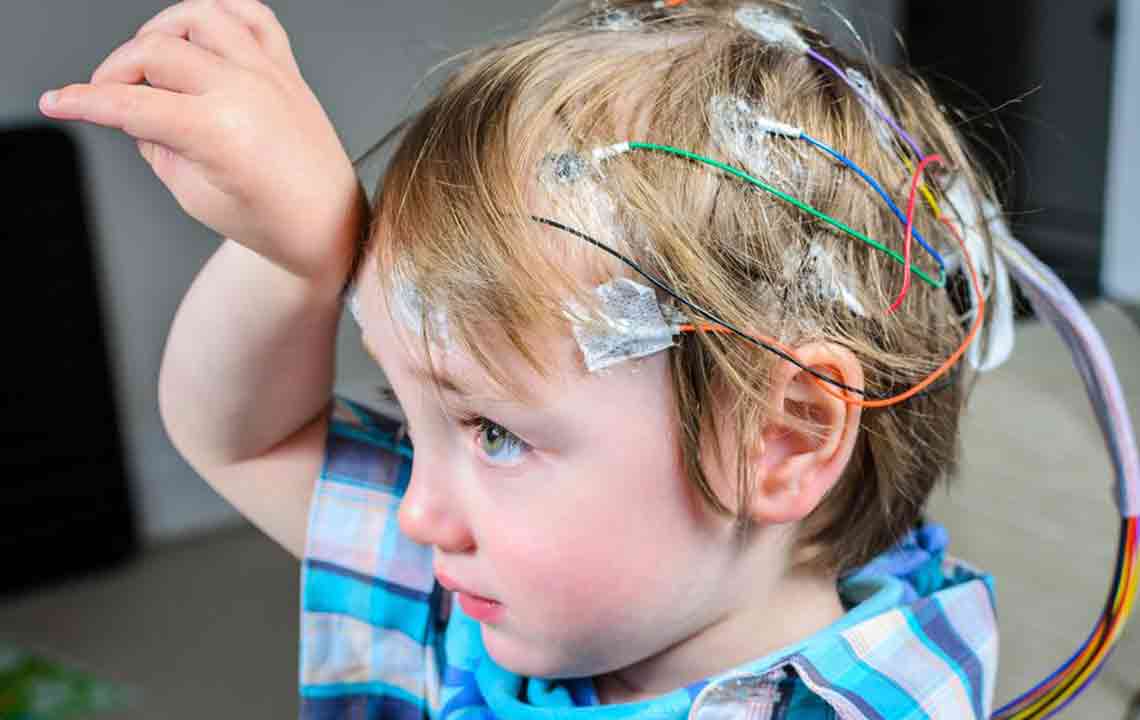Effective Strategies for Managing and Treating Seizures
Explore effective methods for managing and treating seizures caused by epilepsy. The article highlights self-care strategies, caregiver tips, and the role of healthcare professionals in controlling seizure episodes. Boost awareness, reduce risks, and improve quality of life by following expert guidance and support systems. While epilepsy has no cure, proper management can lead to safer living, better health outcomes, and increased confidence for those affected.

Effective Strategies for Managing and Treating Seizures
Seizures result from disruptions in brain nerve activity, often linked to epilepsy. While there’s no cure for epilepsy, various management and treatment options help control seizures. Medical professionals typically recommend imaging or lab tests for diagnosis, even though symptoms can often be self-identified.
This article explores key approaches to controlling and treating seizures to improve quality of life.
Important reminders for managing epilepsy and seizures
Living with epilepsy can impact daily routines for both patients and caregivers, especially during frequent seizure episodes.
Seizure episodes can significantly interfere with daily responsibilities like work, education, or household tasks. Without proper management, risks include injuries, depression, anxiety, or even fatality.
It's important to note that some treatments may cause fatigue, so proper self-care is crucial.
Treatment approaches for epilepsy
Managing seizures effectively often involves personalized care and self-management techniques.
Patients can regain control and lead active, confident lives through self-management strategies. Open communication with healthcare providers, friends, and family plays a vital role in support and success.
Guidance for parents and caregivers
When caring for children with epilepsy, parents should regularly consult health professionals for tailored advice. During adolescence, collaborative planning helps children handle seizures independently. Resources like the CDC's "You Are Not Alone" program can offer valuable guidance. Additionally, exploring clinical trials may provide new treatment options. The Epilepsy Foundation offers extensive resources for patients and caregivers alike.
How patients can keep seizures under control
To reduce seizure frequency, patients should adhere to prescribed medication schedules, report any concerns promptly, and identify personal triggers such as stress.
Medication adherence is essential; never skip doses.
Discuss concerns with healthcare providers regularly.
Monitor and record seizure patterns to identify triggers.
Ensure sufficient sleep daily.
Engage in gentle exercises to promote well-being.
Reduce stress levels through relaxation and support networks.
Role of healthcare professionals
Medical providers can promote self-management programs, encouraging patients to actively participate in their care. Such programs are low-cost yet effective. Training healthcare workers in self-management support further enhances patient outcomes through specialized education and resources globally.
While epilepsy remains incurable, these management strategies empower individuals to live safer, more fulfilling lives. Awareness and community support are essential for destigmatizing the condition and aiding those affected.










